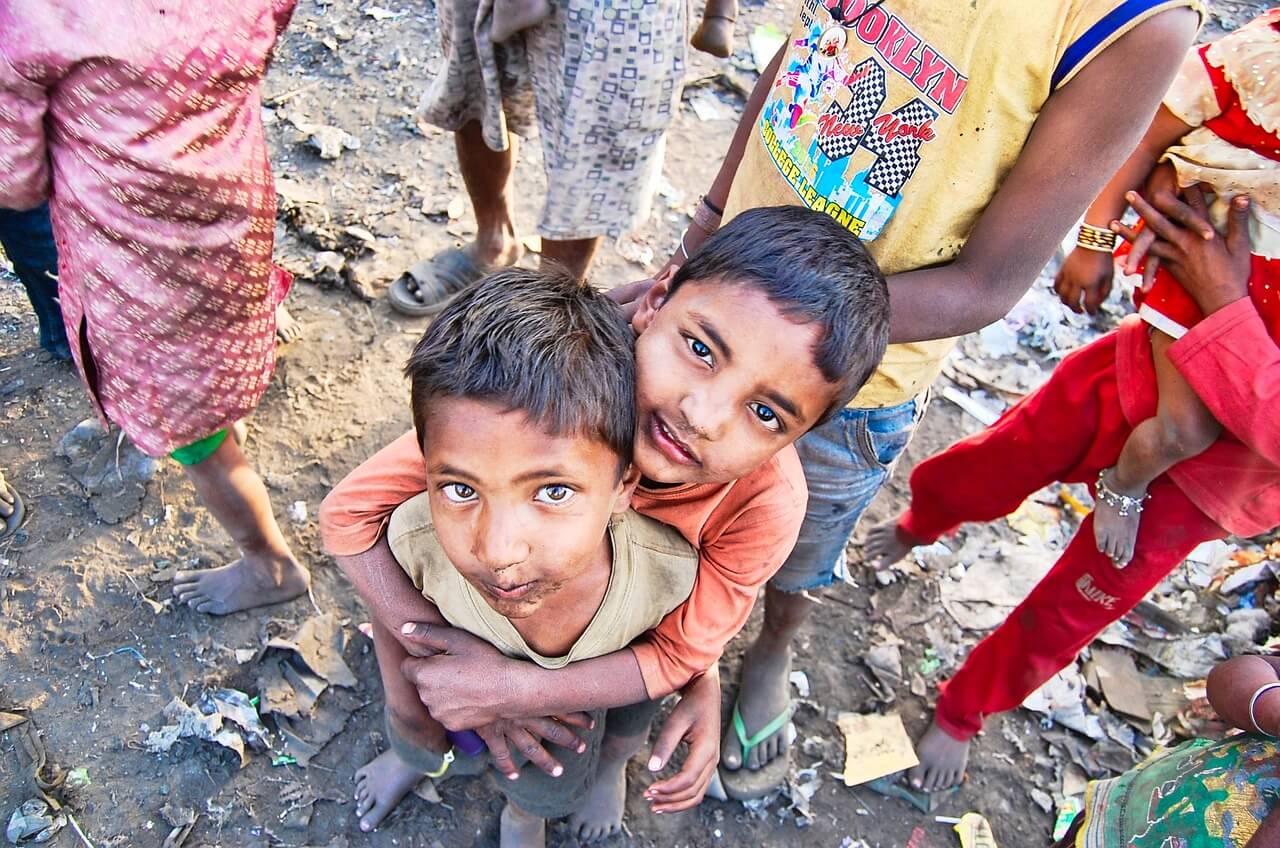

As most people have come to realise, the race for blockchain is more of a marathon than a sprint. We’re still very much in the formative phase and laying the foundations for what’s to come. However, this nascent technology will have implications throughout the world, especially in developing countries. Blockchain in India could accomplish so much, from accelerating financial inclusion to eradicating corruption.
It’s almost impossible to underestimate the potential of blockchain in India. With some three-quarters of a million people living below the poverty line globally, India has the third-highest number of them. No other technology has had the power to really make an impact until now.
However, blockchain in India could facilitate microlending and microtransactions, opening up a world of opportunity. In a country that’s particularly reliant on its agricultural industry, small producers are often given a raw deal (or cut out of the deal completely).
Inefficiencies in the supply chain frequently lead to a surplus of produce that goes to waste or a deficit that cannot be filled. By cutting out the need for banking branches and bringing down the transaction amount that is viable to trade, blockchain can allow for microtransactions.
This means that instead of going to waste, local farmers can profit from their entire harvest. Moreover, blockchain technology would give them the chance to deal directly with the buyer. This means they could cut out several middlemen taking their fees along the way, saving them a lot of money.
If local providers were connected through a blockchain-enabled software solution, they could even rely on systems that alerted them where crops are needed. This would avoid cases of towns with a shortage of one crop and others with a surplus that don’t find out until it’s too late.
To be fair, it isn’t only India that has a problem with corruption. It’s right up there with Turkey and Morocco if you’re looking for comparisons. One issue that raises its head frequently in India is that of cronyism – governments selecting certain suppliers because of pressures or past relationships, and businesses working together because of nepotism or backhanders.
Blockchain, or rather distributed ledger technology (DLT), has the power to eradicate corruption since working with new contractors or suppliers could be put to a vote. Thanks to the transparency of the system, everyone could see how many votes each candidate had received.
There are several blockchain companies working on voting systems for corporations and governments as well. This means that there would no longer be any question over fraudulent elections.
There are as many as 800 million voters in India and some 2,000 political parties. Indian elections are incredibly challenging. Thankfully, paper ballot boxes gave way to electronic voting machines around 20 years ago. However, the accuracy of these machines is still frequently called into question.
Political parties (most usually the ones that lose) have often complained that the machines have been hacked or tampered with. In fact, according to the BBC, there have been at least seven separate challenges in the courts regarding the integrity of these machines… Yet Indian electoral authorities still stand by them.
Thanks to its immutable quality, using blockchain for a voting system would make it impossible to tamper with votes. Voters could also avoid intimidation by threatening mobs that often hang outside polling stations by voting with a mobile phone. This would also encourage greater participation from those living in remote areas.
One of the areas in which blockchain is really excelling is electricity. More than 200 million people in India still live without electricity.
If more solar panels or other types of renewable energy were installed, blockchain in India could be used to track and distribute energy.
This type of system would provide energy for all in a sustainable way and even incentivise individual providers to produce energy for their neighbours through cheaper power or rewards.
Blockchain in India could be applied in many ways to many systems, which would also help to create jobs and open up new sectors of the economy. However, there is a caveat. Regulation in India is currently restricting innovation and sending many Indian blockchain companies offshore.
The government has been quick to protect the public from scams by banning ICOs. However, they have also been too quick to tarnish blockchain with the same brush.
Tanvi Ratna and Nitin Sharma, policy counsel and founder of Incrypt Blockchain quoted in livemint, explain:
“As core developers/shapers of this technology in India, we are fully cognizant and sympathetic to government concerns of money laundering, tax evasion, investor protection, and capital flight. However, the blockchain sector is especially sensitive to regulation. Any regulatory action on cryptocurrencies that misses the nuance of separating speculative activity from core software development inadvertently shuts down core development as well.”
They go on to say that other jurisdictions are taking more cautious and nuanced steps towards blockchain regulation, which prevents scams and protects investors without stifling innovation. But that isn’t currently the case with India.
“In the current regulatory environment, Indian developers do not have to ability to develop open blockchain solutions at scale. Serious blockchain professionals are migrating rapidly to countries with more friendly regulations.”
The Indian government, just like other governments around the world, will surely begin to apply lighter regulation to blockchain technology. As it becomes better understood and more use cases emerge, the speculation and scams of cryptocurrency will die down. This will allow innovation to flourish in India and beyond. Let’s certainly hope so. Blockchain in India could help pull many people out of poverty if given a serious chance.
Denver, Colorado, 24th February 2025, Chainwire
Denver, Colorado, 20th February 2025, Chainwire
Washington, D.C., 18th February 2025, Chainwire
Dubai, UAE, 27th January 2025, Chainwire
Those who enter the market at this time may be surprised to hear that Bitcoin…
George Town, Grand Cayman, 22nd November 2024, Chainwire